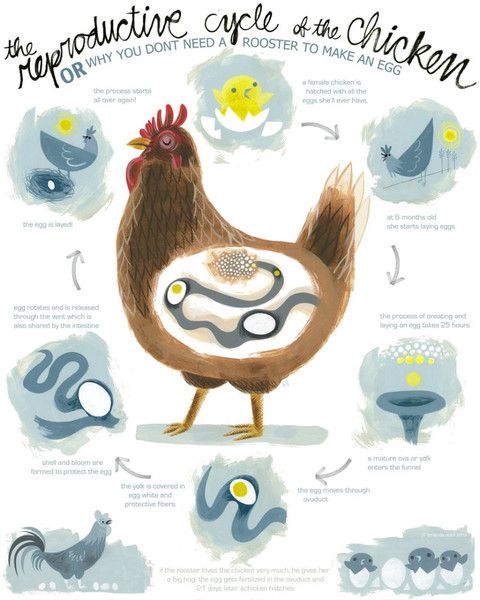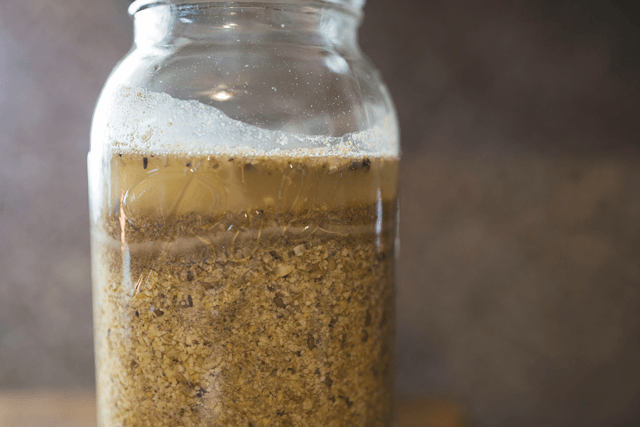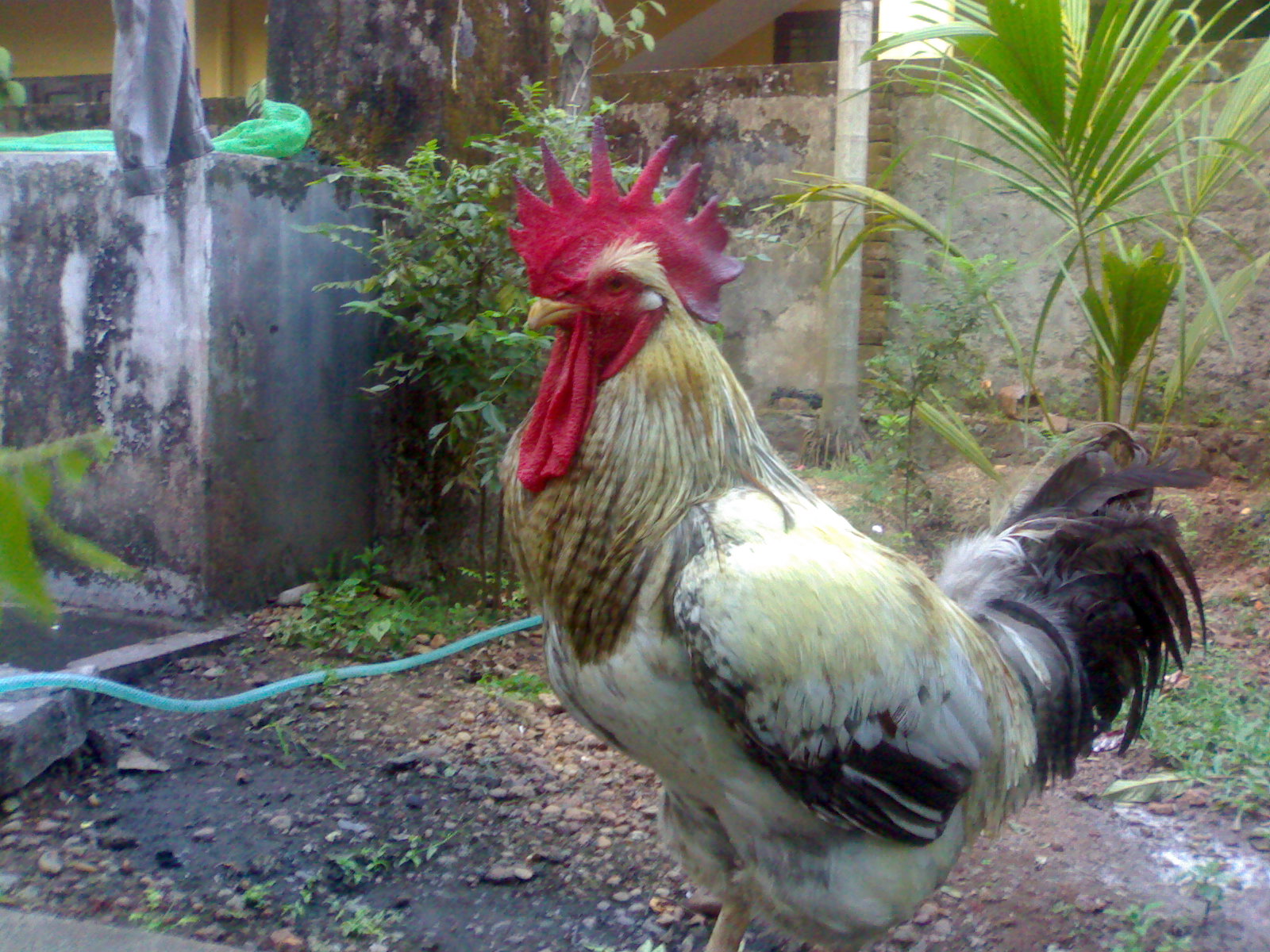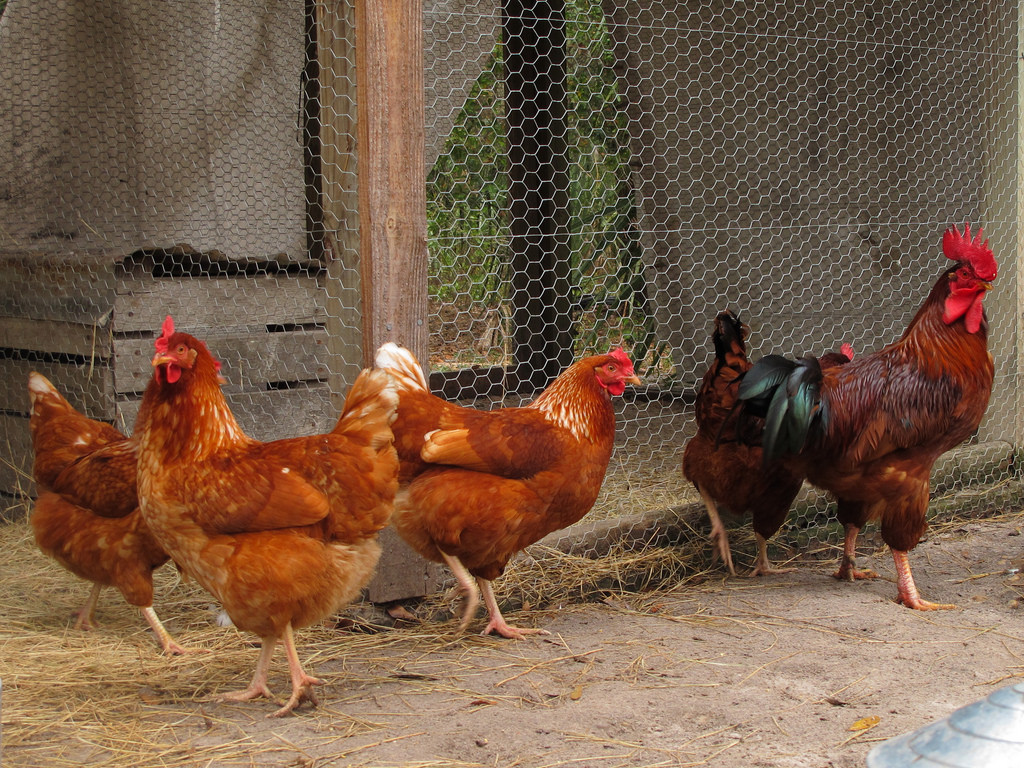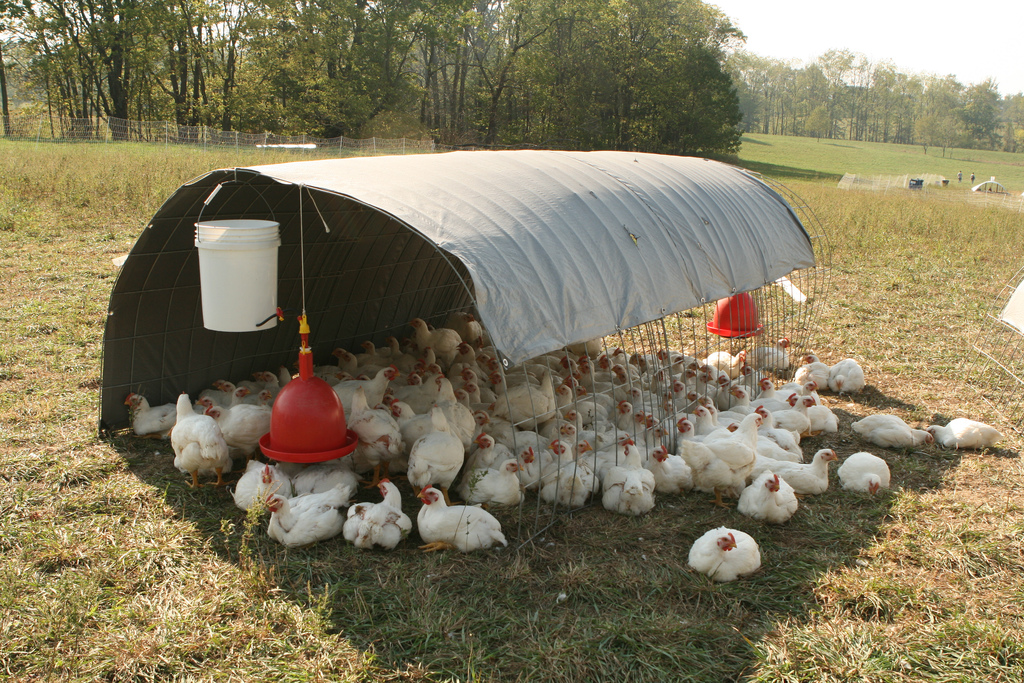The Life Cycle of a Chicken (Infographic)
So I guess it’s a bit of an urban legend that chickens need roosters to lay eggs. Which makes sense, of course, given we humans need a male and a female to “lay” a baby! However, this understandable misconception is due to the fact that eggs are not the exact equivalent of a human baby … Read more

